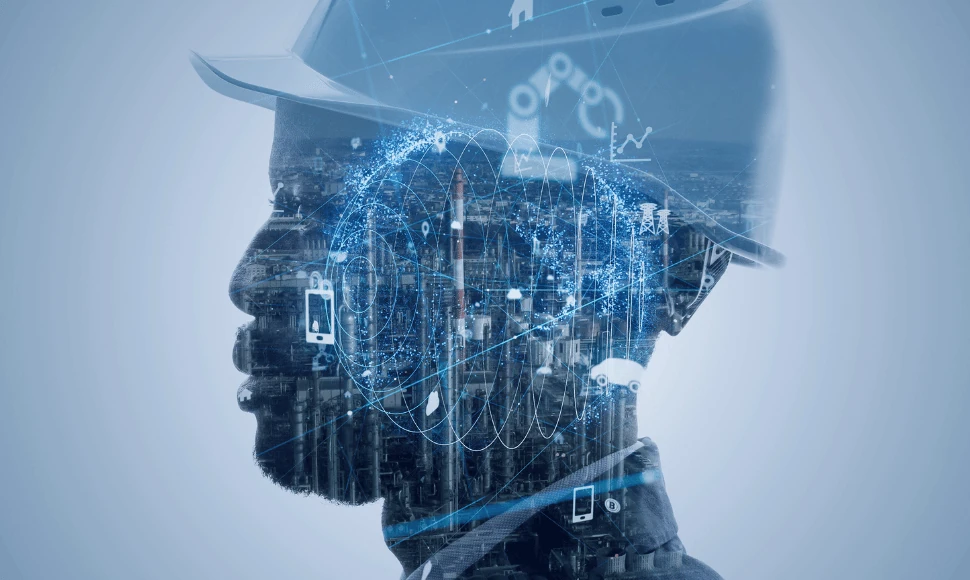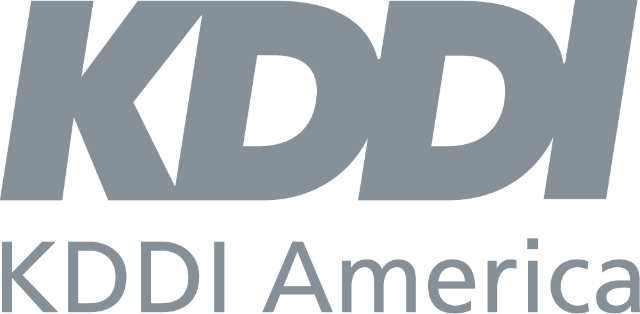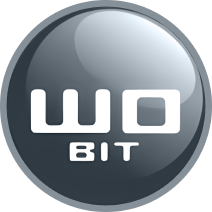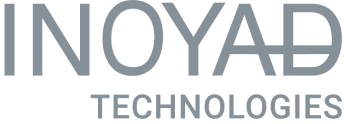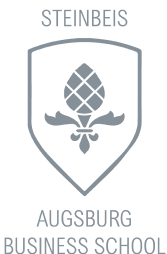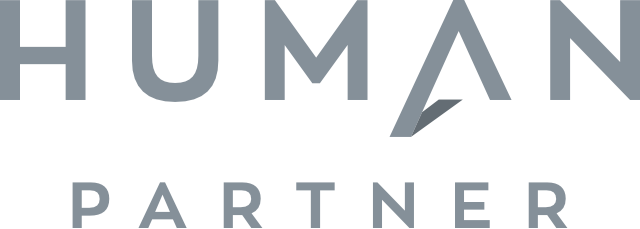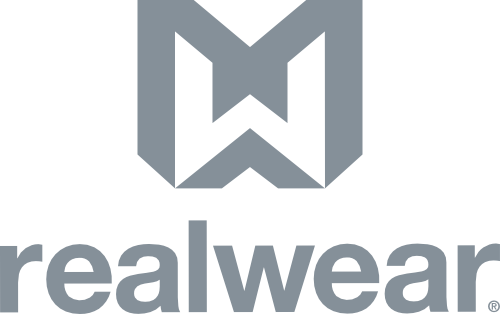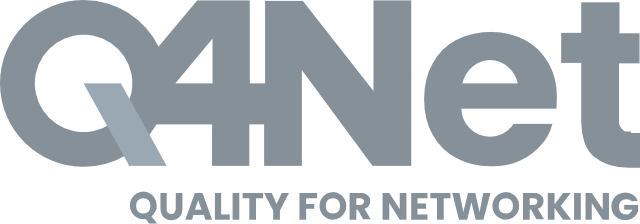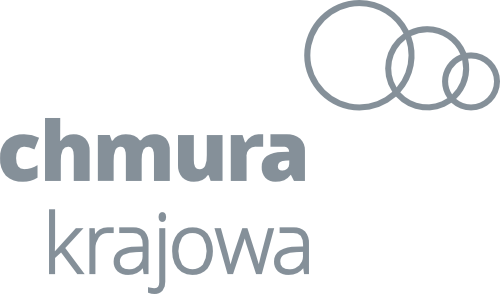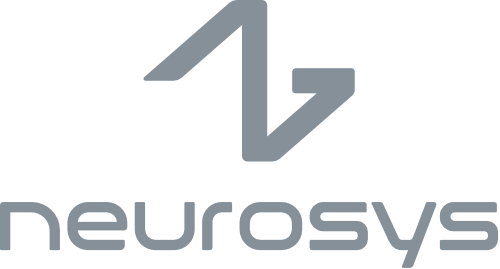In today’s tech-driven world, the flow of knowledge is essential for staying ahead. This process, known as knowledge transfer, is the lifeline of innovation and efficiency, enabling organizations to leapfrog from traditional practices to cutting-edge technology and strategy.
But how does knowledge transfer work across key industry sectors? How do workers and experts share knowledge, experience, skills, or new ideas? How does this affect automotive, manufacturing, or aerospace industries? In the following article, I will try to provide clear and helpful answers about knowledge transfer in industry and its best practices.
What Is Knowledge Transfer In Industry?
Knowledge transfer is crucial for innovation, competitive advantage, and efficiency. It enables the sharing of best practices and technical skills essential for adopting new technologies in Industry 4.0. This process bridges skill gaps, speeds up employee onboarding, and enhances decision-making by broadening access to information. It’s vital for succession planning, ensuring critical knowledge is retained.
Additionally, knowledge transfer supports global collaboration, allowing companies to quickly adapt to market changes and customer needs, fostering continuous improvement and growth. However, companies from many sectors must face many challenges even if they want to provide their crews with the best quality training.
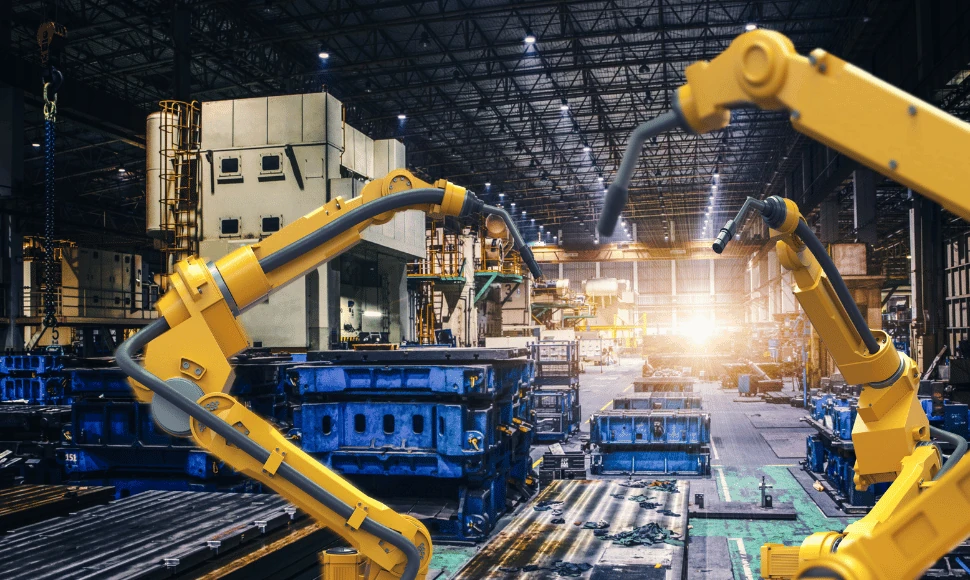
Challenges of Knowledge Transfer
Knowledge transfer in industries faces challenges like limited access to expert knowledge due to poor training, outdated materials, and unsuitable equipment. The departure of experienced staff further depletes this knowledge base. A significant hurdle is standardizing training across different trainers and styles, ensuring uniform quality.
Moreover, Industry 4.0 demands innovative training approaches incorporating AR, IoT, and AI, moving beyond traditional methods. Language barriers in global companies complicate delivering clear training internationally. Additionally, swift changes in regulations necessitate frequent updates to training content, requiring managers to be adaptable to ensure operational continuity. So, what approach should you take to overcome these challenges and difficulties?
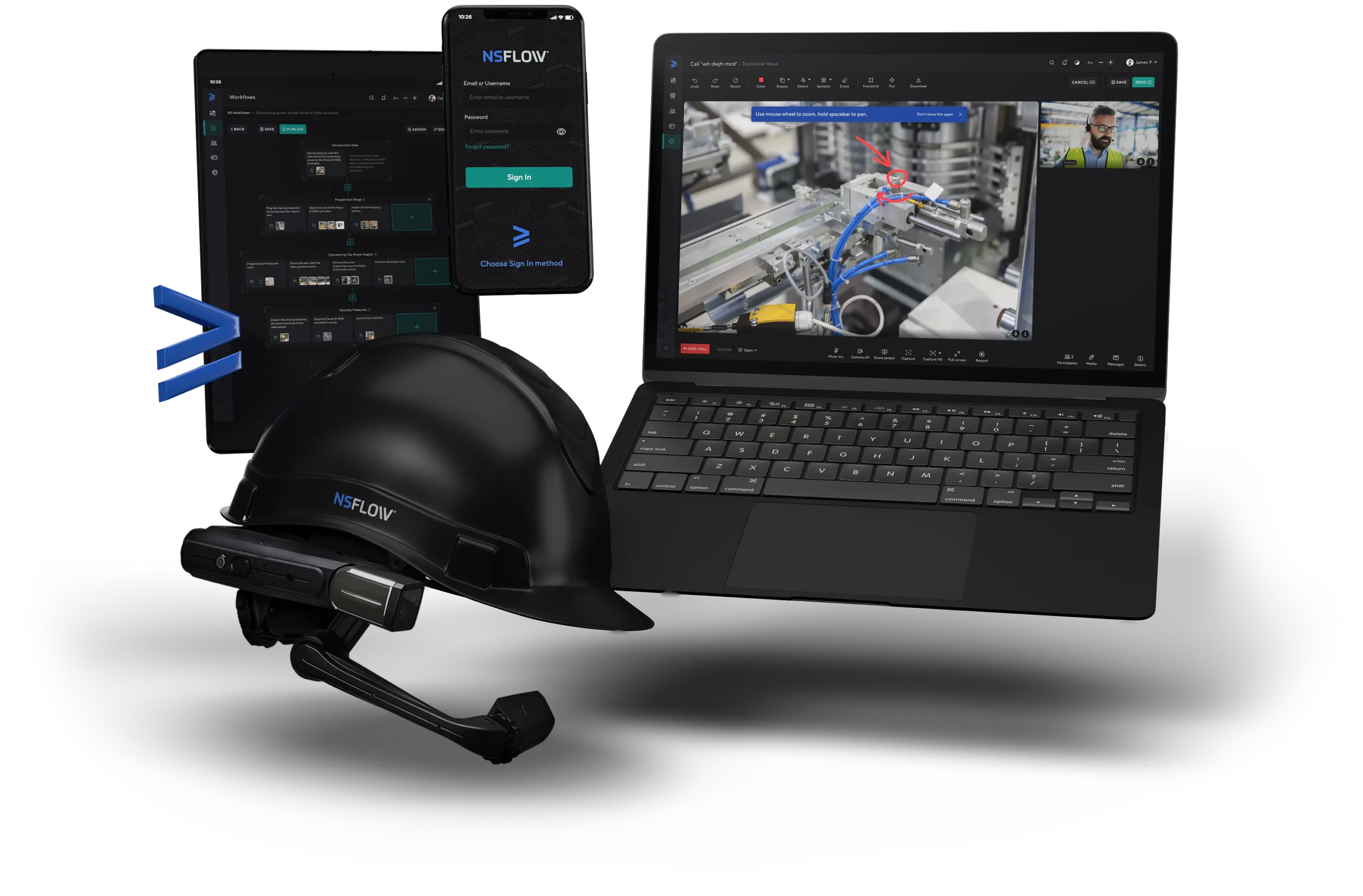
presentation to try
Nsflow in action
Knowledge Transfer in Industry 4.0: Technologies
Knowledge transfer in industry is increasingly taking place using modern technologies. These include augmented reality (AR)/virtual reality (VR), Internet of Things (IoT), artificial intelligence (AI), and learning management systems (LMS). Let’s take a closer look at them now:
Augmented reality (AR) and virtual reality (VR)
VR and AR technologies provide training that mimics real-world scenarios. While VR creates a completely virtual training environment, AR glasses enhance hands-on training by displaying digital information, such as instructions and indicators, directly in the user’s field of view, making it easier to master skills in a safe, virtual environment.
Additionally, AR supports remote assistance, allowing experts to guide employees through complex tasks using live video and annotations. This speeds up problem resolution, effectively transfers expertise to less experienced employees, and reduces downtime by bridging physical distances.
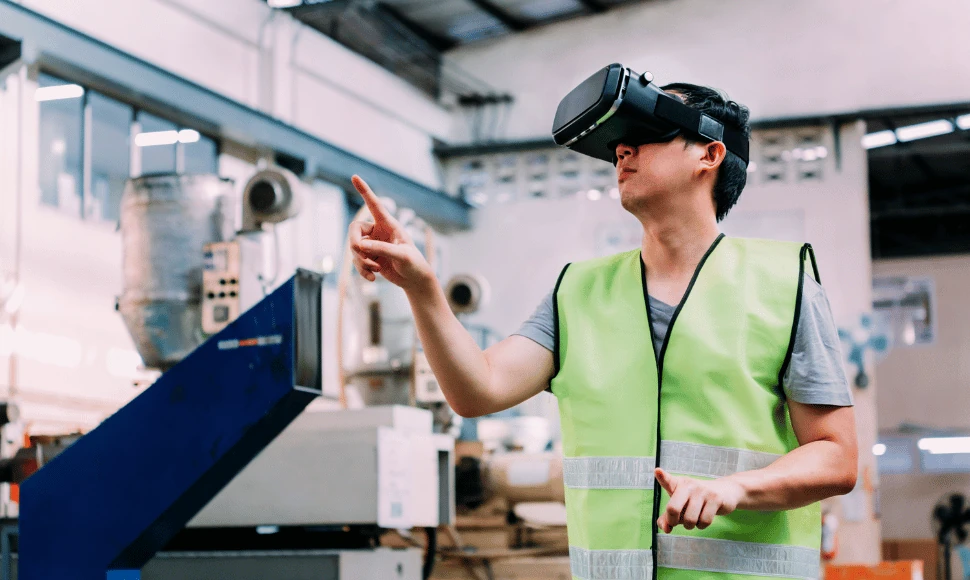
Internet of Things (IoT)
IoT collects valuable operational data from everyday work processes that can be analyzed to develop targeted training programs. Real-time information helps create relevant and timely educational content that reflects the latest industry practices and challenges. IoT and artificial intelligence can also be used to train employees in predictive maintenance techniques, teaching them to recognize signs of wear and tear before equipment failure occurs, thereby minimizing downtime and maintenance costs.
Artificial Intelligence (AI) And Machine Learning
Artificial intelligence and machine learning tools adapt knowledge transfer in industry to an individual’s pace and performance, optimizing the learning path for efficiency and effectiveness. These technologies have many, many functions. For example, machine learning can predict learning outcomes based on historical data, identifying which employees may struggle with specific topics or which may excel. AI can also identify knowledge gaps and recommend personalized content, making training more adaptive and responsive.
Learning Management System (LMS)
LMS platforms provide the infrastructure for delivering, managing, and tracking training programs. They offer a centralized repository of various learning materials, from interactive modules and video tutorials to microlearning and documentation. LMS platforms also include analytics tools that assess learner engagement, progress, and competency, enabling organizations to improve their training strategies continually.
11 Examples How Technology Helps Transfer Knowledge Across Industries
If you are reading this article, you are certainly interested in using these technologies to transfer knowledge in various industries, such as automotive, manufacturing, mining, or aerospace. Let’s now look at how advanced technologies facilitate and optimize knowledge exchange, promoting a culture of continuous improvement and technological progress.
Manufacturing: Digital Twins, AR and IoT
The manufacturing industry ensures knowledge transfer standardization across its sector through digital workflows, AR, and digital twins technology. For example, AR overlays guide employees through the assembly process in real-time, eliminating errors and increasing efficiency. IoT devices share operational data during this time, enabling immediate adjustments and predictive maintenance.
What about digital twins? Their roles are to provide virtual simulations and refine production lines, increasing efficiency and quality before making physical changes. This approach shows how the industry actively uses technology to share knowledge and improve manufacturing productivity.
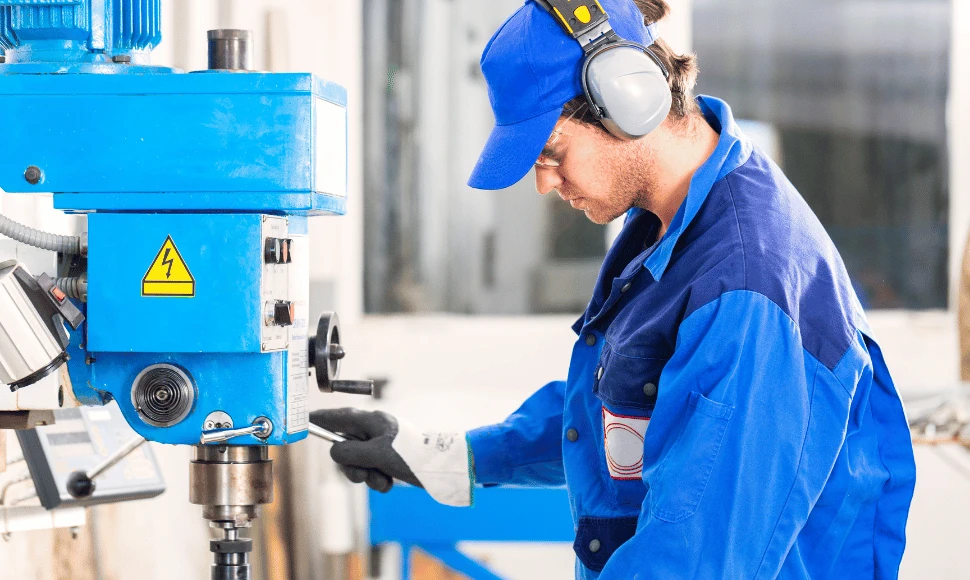
Automotive: Collaborative R&D for Enhanced Safety
Companies in the automotive industry have been combining resources and expertise for years to increase safety, efficiency, and, consequently, profits. For example, the automotive industry uses artificial intelligence and machine learning in research and development to improve vehicle design and safety. AI-based simulations predict vehicle performance under various conditions, helping speed up the design process. In parallel, ML algorithms analyze massive amounts of data from connected vehicles to improve safety features and production efficiency.
Machinery: IoT and AI Enhance Maintenance
The machinery industry also transfers knowledge through digital platforms and tools like AR and IoT for real-time collaboration and training. It utilizes digital twins for global virtual simulations, enhancing cross-division cooperation.
Many companies implemented mentorship programs and online forums to facilitate knowledge sharing between generations and employees. Moreover, collaborative projects with other companies expand global knowledge exchange, leveraging shared databases and cloud technologies to synchronize information across borders, ensuring seamless integration of best practices and innovations.
Construction: Knowledge Transfer in Industry
The construction industry facilitates transfer of knowledge with digital tools like Building Information Modeling (BIM) for project data access. It leverages online platforms and VR for skills development and safety training. Mentorship and internship programs connect experienced professionals with novices. Additionally, the sector employs e-learning, digital workflows, and remote expertise for efficient project management and global communication.

Logistics: Streamlining Supply Chain Efficiency
The logistics sector manages knowledge transfer through modern tracking systems and logistics platforms that provide real-time data access and operational visibility. An example includes global logistics companies using AI to proactively predict shipping delays and reroute goods. Of course, it also uses industrial AR onboarding to improve employee skills while maintaining safe conditions.
Chemical: Advancing through R&D Collaboration
The chemical industry improves knowledge sharing with digital labs, e-learning modules, and peer networks that exchange expertise between seasoned chemists and recruits. Furthermore, it employs cloud solutions to facilitate seamless collaboration and data sharing across global research teams, ensuring uniformity in practices and adherence to international safety standards.
Aerospace: Collaborative R&D Drives Innovation
What does knowledge transfer in industry look like in the aviation sector? For example, the aerospace industry benefits from collaborative research and development. This shared knowledge between global teams drives advancements in technology and security. Transfer of knowledge in aerospace also includes AI and ML for design and predictive maintenance. AI simulates aircraft performance, while ML predicts maintenance needs, enhancing safety and reliability.
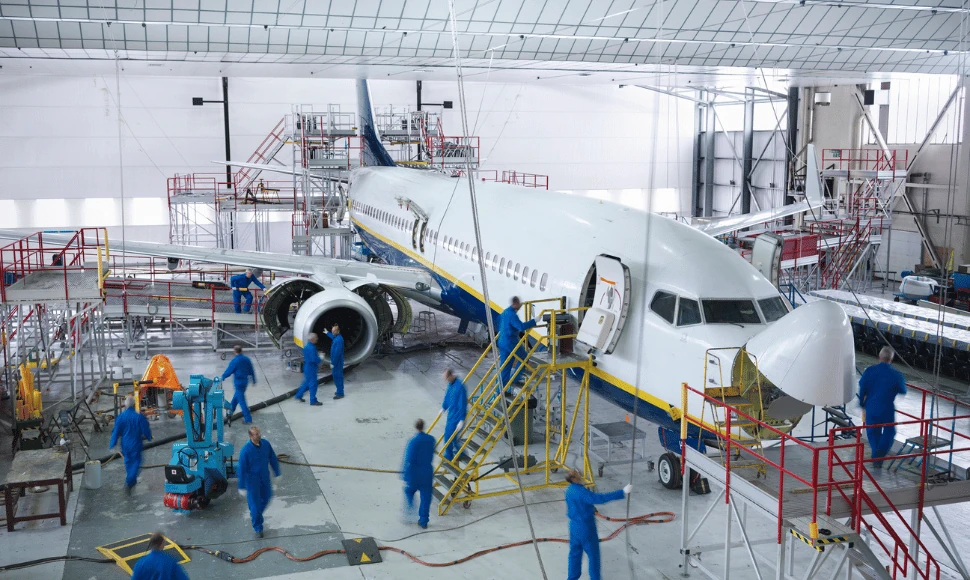
Energy, Oil and Gas: Knowledge Transfer in Industry
The need for management and knowledge sharing began to be discovered in the oil and gas industry in the 1990s. Oil corporations make sure to preserve the knowledge of aging experts in digital form and focus on the global sharing of skills and insights. They also invest in knowledge management systems and platforms that help them conduct consistent training.
Knowledge management helps, for example, analyze geological data, identify drilling sites, reduce risk and optimize production. Global Collaboration applies effective techniques worldwide, increasing efficiency and promoting best practices.
Mining: Improving Efficiency and Safety
Transfer of knowledge in the mining industry benefits from technologies like AR for safety training and operational guidance. AR improves safety and efficiency by providing workers real-time information and navigation inside mines. AR headsets can display safety alerts, evacuation routes, and machinery instructions, significantly enhancing operational safety and knowledge transfer on-site, such as miners using AR to identify ore veins and hazards visually.
Maritime Transport: Knowledge Transfer in Industry
Maritime transport also aims to improve safety and efficiency. By using, for example, the Nsflow digital workflow module to train crews, they can gain access to standardized knowledge, and the remote support module helps with expert mentoring regardless of where a given maritime unit is located.
Transfer of knowledge in maritime transport also relies on Internet of Things solutions and learning management systems (LMS) to improve the quality and availability of training. IoT devices, for example, monitor ship condition and navigation, providing data for operational decisions. LMS platforms, in turn, can offer e-learning modules on navigation and safety compliance.
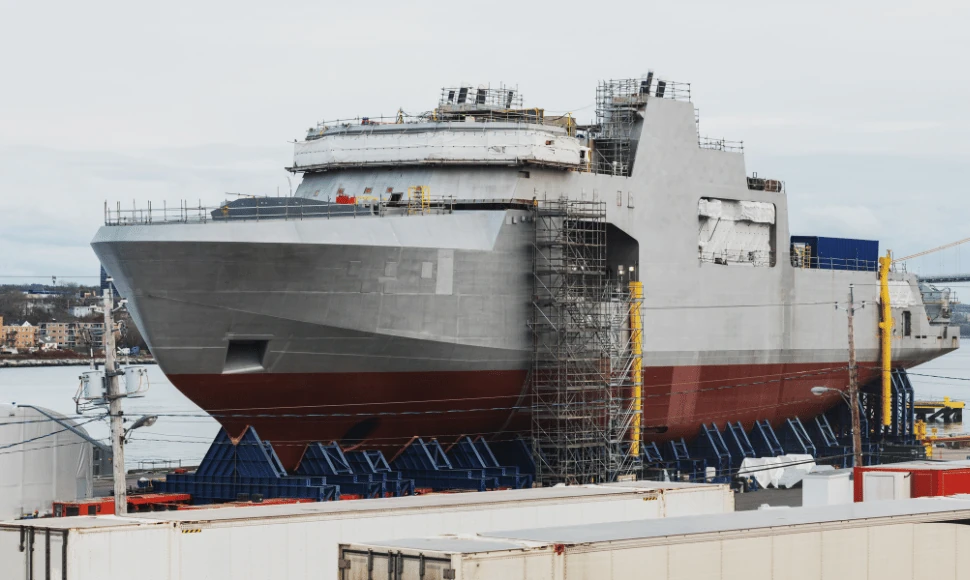
Arms: Strategic Advancements through Sharing
Knowledge transfer in industry also significantly impacts progress in defense technology and production processes in the defense sector. AR/VR training is worth using to provide soldiers with key real-time information and situational awareness on the battlefield.
These technologies significantly improve decision-making and efficiency by connecting digital data with the physical environment. Employing modern technologies in the arms training sector increases operational capabilities and readiness.
Knowledge Transfer In Industry – Key Takeaways
Sharing skills, insights, and data is vital for innovation, competitiveness, and efficiency. That’s why knowledge sharing in Industry 4.0 bridges skill gaps, accelerates onboarding and aids decision-making. Additionally, it ensures critical knowledge preservation. Organizations now embrace modern tech like AR, VR, IoT, AI, and LMS to transfer knowledge.
These innovations enable immersive training, real-time data utilization, personalized learning, and centralized program management. Industry experts can explore Nsflow’s transformative impact through a free 14-day demo, seeing firsthand how augmented reality can enhance training standards. Embracing these technologies positions organizations to excel in Industry 4.0. Thriving in today’s dynamic landscape requires investing in modern knowledge transfer practices.
